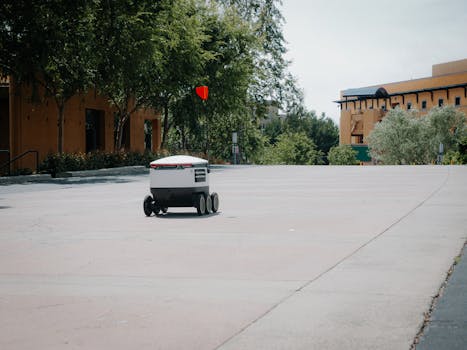
Cultural Shifts and Societal Trends Leading to 2025
Cultural shifts and societal trends are constantly evolving and influencing the way we live, work, and interact with one another. As we move towards 2025, it is essential to understand the significant changes that are taking place and how they will impact our lives. Cultural shifts and societal trends are crucial in shaping our world, and it is vital to stay informed about the latest developments.
Section 1: Introduction to Cultural Shifts and Societal Trends
Cultural shifts refer to the changes that occur within a culture over time, resulting in new values, beliefs, and practices. These changes can be driven by various factors, such as technological advancements, economic fluctuations, and social movements. Societal trends, on the other hand, refer to the patterns of behavior and attitudes that are prevalent within a society at a given time. Understanding cultural shifts and societal trends is essential for individuals, businesses, and organizations to stay relevant and adapt to the changing landscape.
Section 2: Emerging Cultural Shifts and Societal Trends
Several emerging cultural shifts and societal trends are expected to shape our world until 2025. Some of these include:
- Diversity, Equity, and Inclusion: There will be a continued emphasis on promoting diversity, equity, and inclusion in all aspects of life, including the workplace, education, and social interactions.
- Sustainability and Environmentalism: Concerns about climate change, pollution, and conservation will drive sustainable practices and environmental awareness.
- Technology and Digitalization: Technological advancements, such as artificial intelligence, blockchain, and the Internet of Things, will continue to transform industries and revolutionize the way we live and work.
- Health and Wellness: The focus on physical and mental health will intensify, with a growing emphasis on self-care, mindfulness, and holistic well-being.
- Changing Workforce Dynamics: The gig economy, remote work, and shifting workforce demographics will require businesses and organizations to adapt to new realities.
Section 3: Impact of Cultural Shifts and Societal Trends on Individuals and Society
The cultural shifts and societal trends leading to 2025 will have a profound impact on individuals and society as a whole. Some of the potential effects include:
- Increased Global Connectivity: Technology will continue to bridge geographical gaps, facilitating global communication, collaboration, and exchange.
- Changing Social Norms and Values: Shifts in cultural values and social norms will influence the way we interact with one another, form relationships, and build communities.
- New Economic Opportunities and Challenges: Emerging trends and technologies will create new economic opportunities, but also pose challenges, such as job displacement and income inequality.
- Enhanced Focus on Education and Personal Development: The need for continuous learning and skill development will become increasingly important in a rapidly changing world.
- Growing Importance of Mental Health and Well-being: The emphasis on mental health and well-being will grow, with a greater recognition of the importance of self-care and stress management.
Section 4: Preparing for the Future
To navigate the cultural shifts and societal trends leading to 2025, individuals, businesses, and organizations must be proactive and adaptable. This can involve:
- Staying Informed and Educated: Continuously updating knowledge and skills to stay relevant in a rapidly changing world.
- Fostering a Culture of Innovation and Creativity: Encouraging experimentation, innovation, and creativity to stay ahead of the curve.
- Building Resilience and Adaptability: Developing the ability to cope with uncertainty and adapt to changing circumstances.
- Cultivating Diversity, Equity, and Inclusion: Promoting diversity, equity, and inclusion in all aspects of life to create a more just and equitable society.
- Embracing Sustainability and Environmentalism: Adopting sustainable practices and reducing environmental impact to ensure a livable future.



